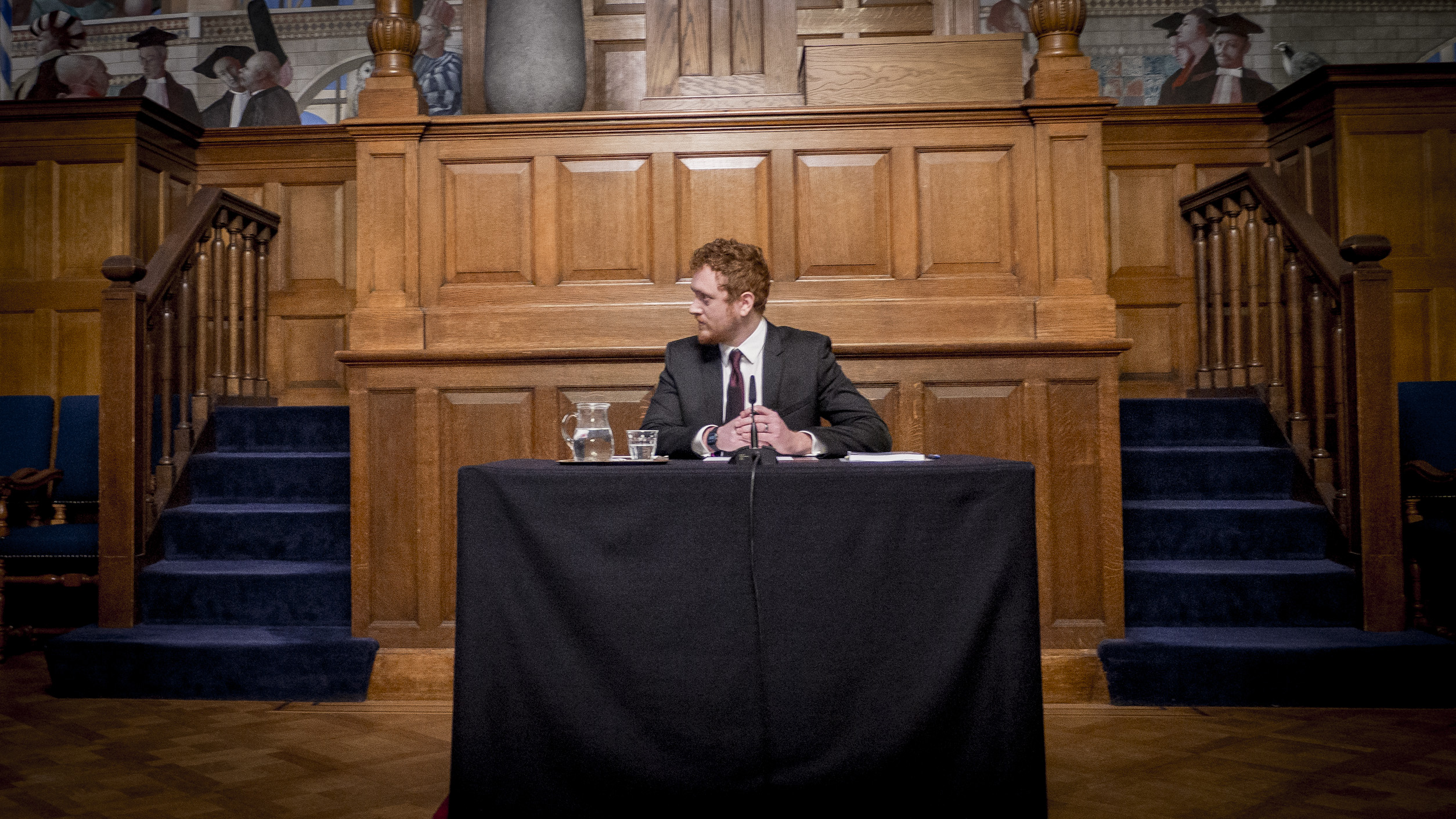Ph.D. in Dutch: Introduction, Admission, Registration, Eligibility, Duration, Fees, Syllabus 2024

Introduction:
The Dutch language, with its rich history and cultural significance, serves as a gateway to understanding the Netherlands' vibrant heritage and global impact. Pursuing a Ph.D. in Dutch offers a profound journey into linguistics, literature, culture, and society. Let's embark on an exploration of this esteemed doctoral program.
Admission Process:
- Application Submission: Candidates submit applications online, including academic transcripts, letters of recommendation, a statement of purpose, and writing samples.
- Language Proficiency: Proficiency in Dutch is typically required, demonstrated through language proficiency tests such as the Test of Dutch as a Foreign Language (NT2).
- Research Proposal: Submission of a detailed research proposal outlining the intended focus of the doctoral research, research questions, and methodological approach.
- Interview: Shortlisted candidates may be invited for an interview to discuss their research interests, academic background, and alignment with program objectives.
- Academic Background: Applicants are required to hold a master's degree in Dutch Studies, Linguistics, Literature, or a related field, demonstrating a strong foundation in Dutch language and culture.
Eligibility Criteria:
- Master's Degree: Candidates must possess a master's degree from a recognized institution, with a focus on Dutch Studies, Linguistics, Literature, or a related discipline.
- Language Proficiency: Proficiency in Dutch is essential for admission, with proficiency levels determined by language proficiency tests or previous academic coursework.
- Research Aptitude: Applicants should demonstrate a keen interest in research, critical thinking skills, and the ability to formulate and execute a scholarly research project.
- Academic Excellence: A strong academic record, including high grades in relevant coursework and evidence of scholarly achievement, is typically required.
- Alignment with Program Goals: Candidates should showcase how their research interests align with the program's focus areas, faculty expertise, and research priorities.
Completion Time:
The completion time for a Ph.D. in Dutch varies depending on factors such as the nature of the research project, the candidate's progress, and program requirements. On average, students can expect to complete the program in four to six years.
Career Opportunities:
- Academia: Opportunities abound in academia as professors, researchers, or academic administrators in Dutch language departments or interdisciplinary programs.
- Translation and Interpretation: Careers in translation and interpretation, working as translators, interpreters, or language specialists for government agencies, international organizations, or private corporations.
- Publishing and Editing: Roles in publishing houses, literary agencies, or editorial firms, editing and publishing Dutch-language literature, academic journals, and cultural publications.
- Cultural Institutions: Employment opportunities in museums, cultural organizations, or heritage institutions, curating exhibitions, organizing events, and promoting Dutch culture and heritage.
- Language Education: Teaching positions in language schools, universities, or language institutes, teaching Dutch as a second language to non-native speakers or as a foreign language to international students.
Syllabus:
- Advanced Language Courses: Advanced courses in Dutch language and linguistics, covering topics such as phonetics, syntax, semantics, and sociolinguistics.
- Literature Surveys: Surveys of Dutch literature across different periods, genres, and regions, exploring key literary works, movements, and themes.
- Cultural Studies: Examination of Dutch culture, society, and history, including topics such as art, music, film, politics, and social issues.
- Research Methodologies: Training in qualitative and quantitative research methods, including archival research, textual analysis, ethnography, and discourse analysis.
- Dissertation Research: Independent research leading to the completion of a dissertation that makes an original contribution to the field of Dutch Studies, demonstrating advanced knowledge and critical analysis.
Internship Opportunities:
- Teaching Assistantships: Assistantship positions that offer teaching experience, including teaching Dutch language courses, leading discussion sections, and grading assignments.
- Research Internships: Internships with research institutes, cultural organizations, or publishing houses, gaining hands-on experience in Dutch-language research projects, publications, or events.
- Language Immersion Programs: Participation in language immersion programs in Dutch-speaking countries, providing opportunities to enhance language proficiency and cultural understanding.
- Cultural Exchange Programs: Participation in cultural exchange programs, study tours, or international conferences, networking with scholars, artists, and professionals in Dutch culture and society.
- Community Engagement: Engagement with Dutch-speaking communities, cultural centers, or language clubs, organizing events, workshops, or language exchange programs.
Scholarships and Grants:
- Merit-Based Scholarships: Awarded to students based on academic excellence, research potential, or artistic achievements in Dutch Studies.
- Research Grants: Funding opportunities provided by universities, research institutes, or government agencies to support doctoral research in Dutch language, literature, or culture.
- Fellowships: Fellowships offered by universities, foundations, or cultural organizations to support doctoral students in Dutch Studies and related fields.
- Travel Grants: Financial support for conference attendance, research-related travel, or study abroad experiences in Dutch-speaking countries.
- Language Scholarships: Scholarships specifically aimed at supporting language study and immersion programs in Dutch-speaking countries.
FAQs:
Can I apply for a Ph.D. in Dutch if I am not a native Dutch speaker?
Yes, candidates from diverse linguistic backgrounds are welcome to apply, provided they demonstrate proficiency in Dutch through language proficiency tests or previous coursework.
What research topics can I explore in a Ph.D. in Dutch program?
Research topics may encompass a wide range of areas, including Dutch literature, linguistics, cultural studies, history, politics, and social issues.
Are there opportunities for interdisciplinary study within the program?
Yes, many Ph.D. programs in Dutch offer opportunities for interdisciplinary study, allowing students to integrate perspectives from fields such as literature, linguistics, cultural studies, history, and sociology.
What support services are available for Ph.D. students in Dutch Studies?
Universities typically offer a range of support services, including academic advising, research facilities, funding opportunities, language resources, and professional development programs.
What career paths can I pursue with a Ph.D. in Dutch?
Graduates of Ph.D. programs in Dutch pursue diverse career paths, including academia, translation and interpretation, publishing, cultural institutions, language education, and government service, among others.
